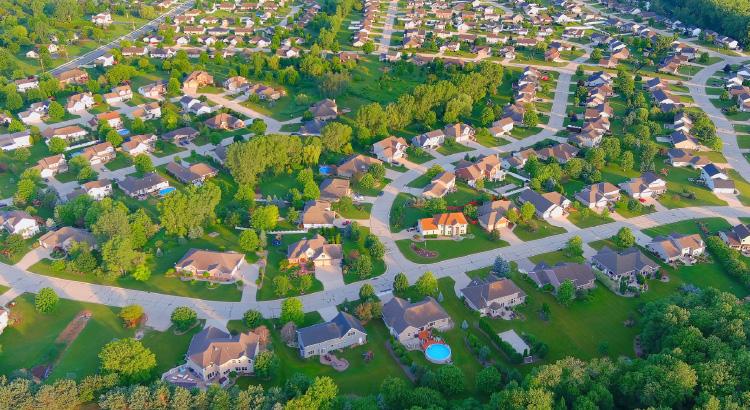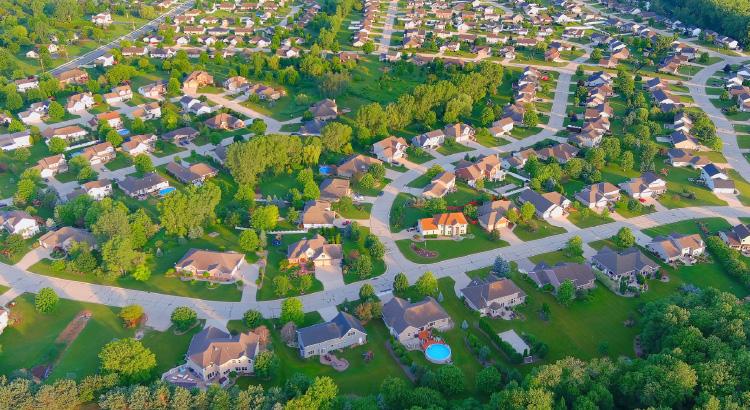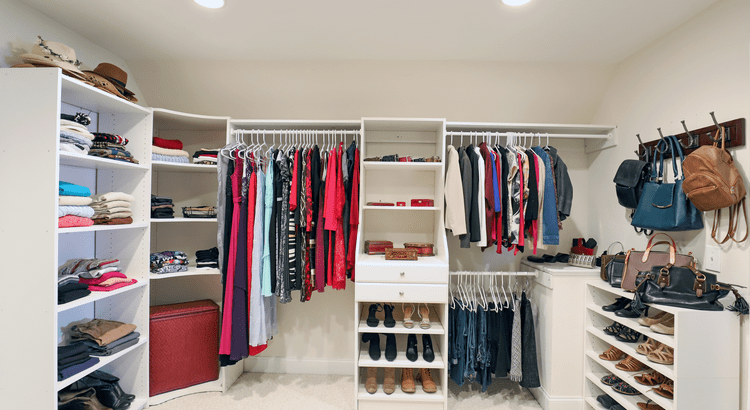
If you’re a homeowner, chances are you’ve built up a lot of wealth – just by living in your house and watching its value grow over time.

If you’re a homeowner, chances are you’ve built up a lot of wealth – just by living in your house and watching its value grow over time.

If you’re a homeowner, chances are you’ve built up a lot of wealth – just by living in your house and watching its value grow over time.

Are you wondering what to expect if you buy or sell a home in the second half of the year? Here’s what the expert forecasts tell you.

Are you wondering what to expect if you buy or sell a home in the second half of the year? Here’s what the expert forecasts tell you.

If you have a 3% mortgage rate, you’re probably pretty hesitant to let that go.

Did you know? According to a recent study, 72% of people with student loans think their debt will delay their ability to buy a home.

Did you know? According to a recent study, 72% of people with student loans think their debt will delay their ability to buy a home.

Especially in areas where inventory is rising, both homebuilders and sellers are sweetening the deal for buyers with things like paid closing costs, mortgage rate buy-downs, and more.

Especially in areas where inventory is rising, both homebuilders and sellers are sweetening the deal for buyers with things like paid closing costs, mortgage rate buy-downs, and more.

Whether you’re planning to move soon or not, it’s smart to be strategic about which home projects you take on.